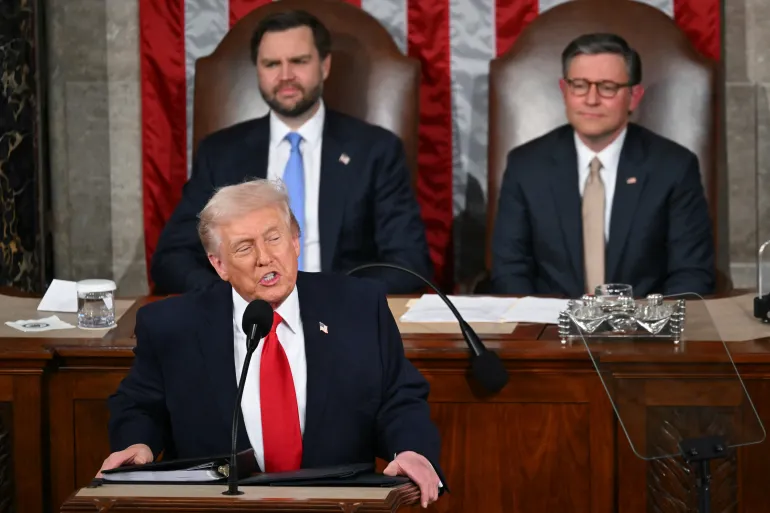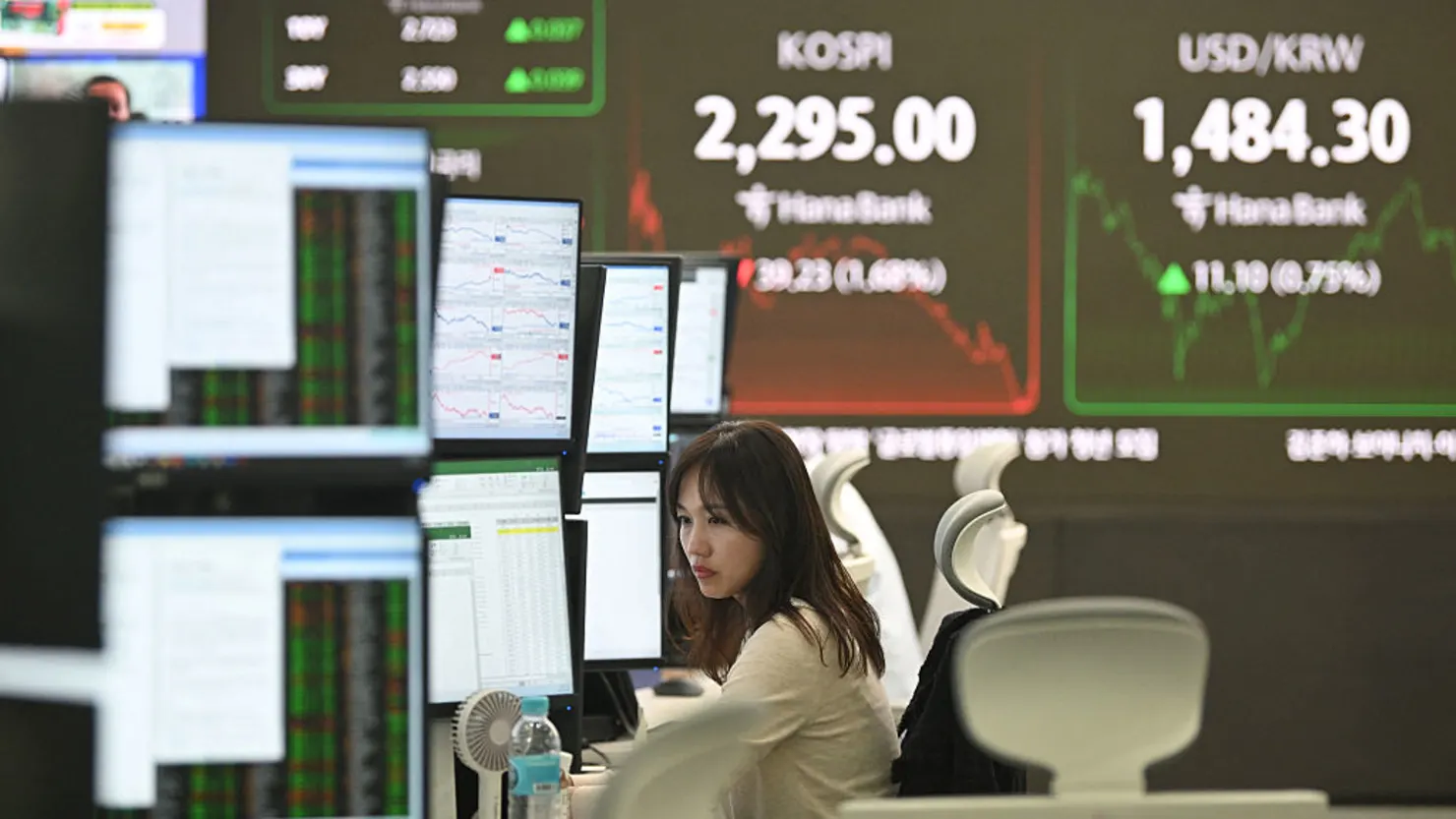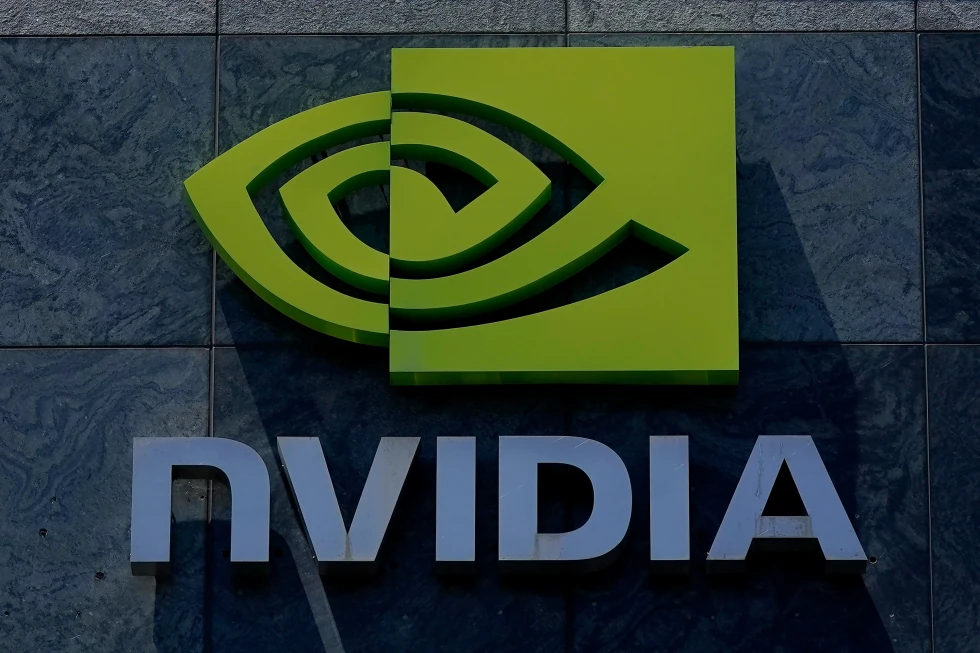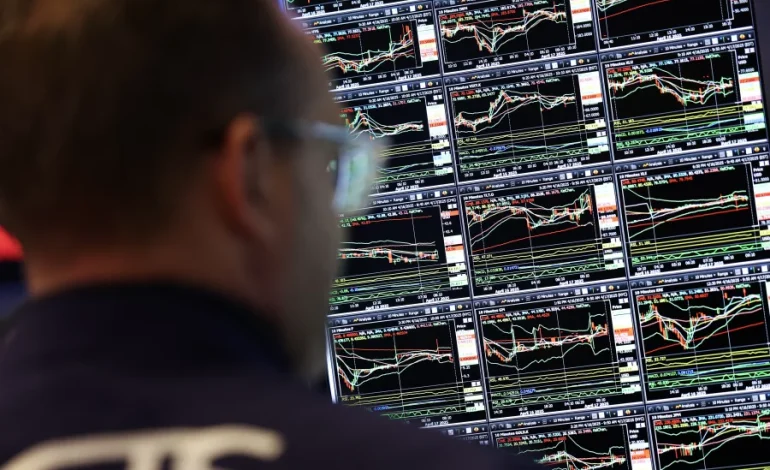UnitedHealth Group, one of the most influential companies in the US health care sector, is experiencing a deepening crisis that is not only affecting its leadership and investors but also impacting the broader stock market — particularly the Dow Jones Industrial Average, NPR reports.
As a longtime component of the 30-member Dow index, UnitedHealth’s steep share price drop is now weighing on this key barometer of US market health. A month ago, UnitedHealth was the most expensive stock in the Dow by price. Since then, it has lost over half its value, significantly reducing its influence within the index but still contributing to the Dow’s underperformance compared to other benchmarks.
While the Dow has gained nearly 5% over the past month — a positive sign amid broader market recovery following volatility linked to new tariffs introduced by President Trump — it lags behind other major US indices. The S&P 500 is up close to 10%, and the tech-focused Nasdaq has surged nearly 14% in the same timeframe.
UnitedHealth, which owns the nation’s largest private health insurer and plays a central role in how Americans access medical care, has been under sustained pressure for more than a year. The company operates across insurance, care delivery, and claims processing — sectors that directly affect tens of millions of Americans.
Consumer frustration over rising health costs and denied claims has already sparked public scrutiny. That scrutiny intensified in December after the fatal shooting of UnitedHealthcare CEO Brian Thompson, which shocked the health and business communities.
This week marked a turning point. UnitedHealth shares tumbled sharply following an unexpected leadership shakeup in which CEO Andrew Witty was replaced and the company withdrew its financial forecast for 2025. Soon after, The Wall Street Journal reported that the US Department of Justice is investigating the company for potential criminal Medicare fraud — an allegation UnitedHealth strongly denies.
The company stated that it has not been informed by the DOJ of any such investigation and criticized the reporting as “deeply irresponsible,” asserting confidence in its Medicare operations. Nevertheless, the news rattled investors, triggering an additional 11% drop in the stock on Thursday.
“The bad news is hitting fast and furious,” analysts at CreditSights wrote, warning that the company could face multibillion-dollar penalties if the investigation results in legal action.
As a price-weighted index, the Dow assigns greater influence to companies with higher share prices. When UnitedHealth’s stock price was near its peak, it had a significant impact on the Dow’s movement. But with its recent decline, that influence has diminished, slightly insulating the index from further downside — a silver lining for market watchers.
Still, the situation underscores how a single company’s struggles can distort perceptions of broader market health, especially in a concentrated index like the Dow.
Despite UnitedHealth’s sharp selloff, the Dow still ended Thursday in positive territory, closing up by less than 1%. Yet the gap between it and other major indices raises questions about the index’s responsiveness to structural shifts in corporate America.










The latest news in your social feeds
Subscribe to our social media platforms to stay tuned